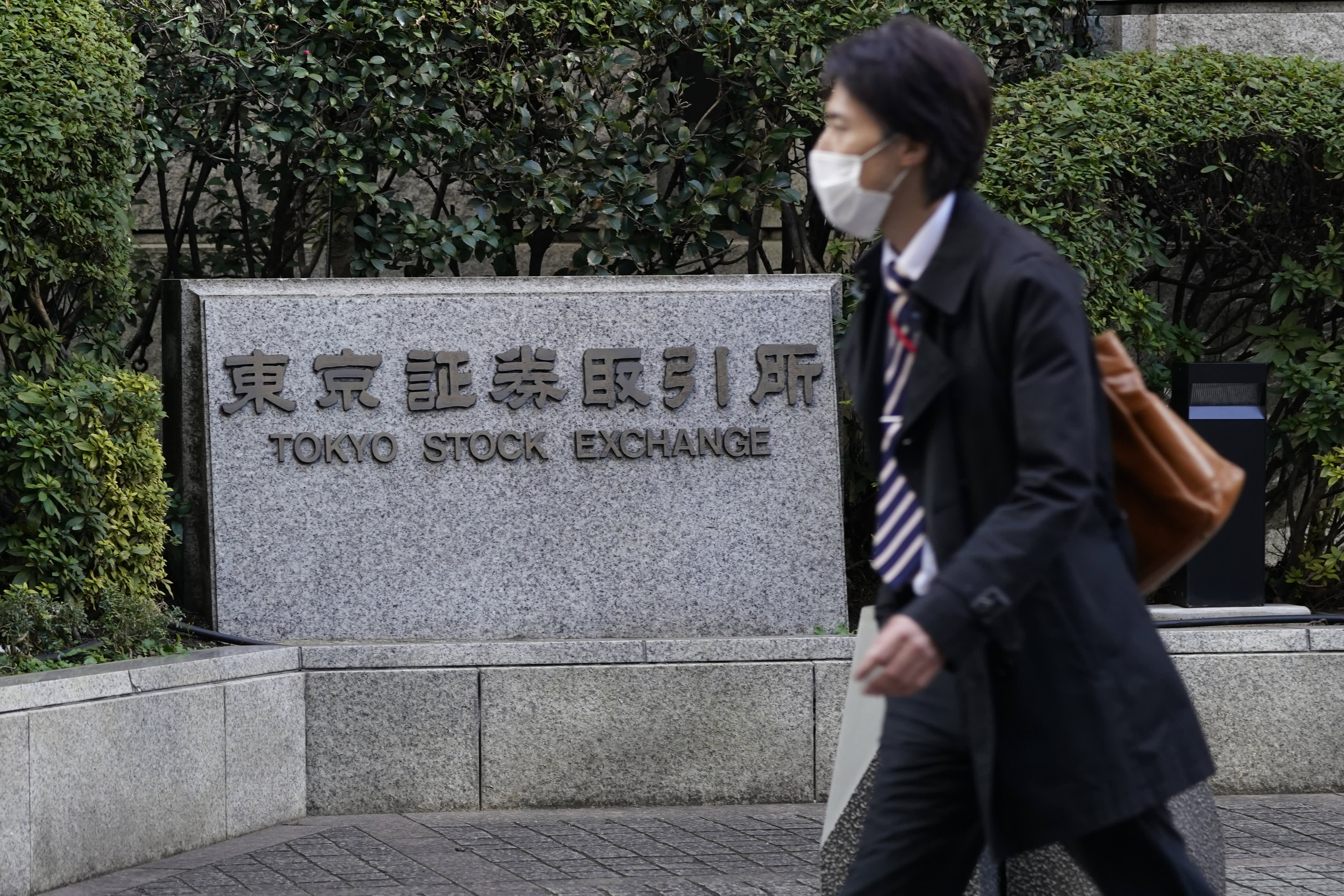
SINGAPORE — Shares in Asia-Pacific mostly dipped in Thursday trade following another positive session overnight for the S&P 500 stateside.
In Japan, the Nikkei 225 shed 0.55% while the Topix index slipped fractionally. South Korea’s Kospi declined 1.15%.
Mainland Chinese stocks were mixed, as the Shanghai composite down slightly while the Shenzhen component advanced 0.175%.
Stocks in Australia slid as the S&P/ASX 200 fell 0.65%. Australia’s exports of goods and services in December rose 3% month-on-month on a seasonally adjusted basis, the country’s Bureau of Statistics announced Thursday.
MSCI’s broadest index of Asia-Pacific shares traded 0.48% lower.
Apple closing in on deal with Hyundai-Kia
Shares of South Korean automakers Hyundai Motor and Kia Motors rose 1.22% and 0.31%, respectively, in Thursday morning trade. That came after sources told CNBC that Apple is close to finalizing a deal with Hyundai-Kia to manufacture an Apple-branded autonomous electric vehicle at the Kia assembly plant in West Point, Georgia.
On Wednesday, shares of Kia surged following a local media report that the carmaker is set to sign a 4 trillion won (about $3.59 billion) deal with Apple to build electric vehicles, according to Reuters.
Overnight stateside, the S&P 500 rose 0.1% to close at 3,830.17. The Dow Jones Industrial Average advanced 36.12 points to end its trading day at 30,723.60 while the Nasdaq Composite dipped slightly to close at 13,610.54.
Currencies and oil
The U.S. dollar index, which tracks the greenback against a basket of its peers, was at 91.115 after rising from levels below 90.8 earlier this week.
The Japanese yen traded at 105.03 per dollar after hovering largely around the 105 level against the greenback yesterday. The Australian dollar changed hands at $0.7638, still off levels above $0.768 seen last week.
Oil prices rose in the morning of Asia trading hours, with international benchmark Brent crude futures up 0.14% to $58.54 per barrel. U.S. crude futures gained 0.27% to $55.84 per barrel.
— With reporting from CNBC’s Phil LeBeau and Meghan Reeder.
Source: CNBC
